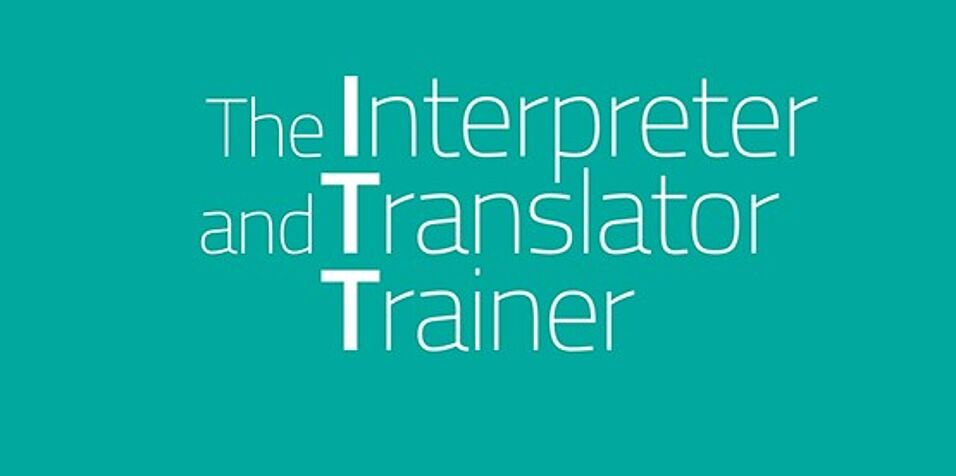“If we’re lucky, we recognise potential.” A study of admission criteria and entrance screening practices in public service interpreter training
The growing demand for language mediation across different domains of public service interpreting (PSI) poses a challenge for policymakers, stakeholders (institutional representatives, clients), and traditional interpreter education institutions. Alongside university-based interpreter education, different training formats have emerged internationally to meet the increased need for training. Based on a systematic review of extra-university training formats in Austria, this contribution presents the results of a qualitative follow-up study drawing upon data from semi-structured interviews with providers. The aim was to investigate whether entrance assessment procedures are employed by course providers when selecting course participants, and, if so, which they are and what motives lie behind providers’ decisions for particular admission procedures. Our study shows that while there is considerable commitment to offering customer-tailored courses to heterogeneous groups of trainees, the training formats differ and there seems to be little communication among providers regarding the establishment and adequacy of different formats for student selection.
Read the full article here: https://www.tandfonline.com/doi/permissions/10.1080/1750399X.2023.2278318?scroll=top
Sonja Pöllabauer, Katia Iacono, Harald Pasch, Maria Bernadette Zwischenberger & Anna Sourdille (2023) “If we’re lucky, we recognise potential.” A study of admission criteria and entrance screening practices in public service interpreter training, The Interpreter and Translator Trainer, DOI: 10.1080/1750399X.2023.2278318.


